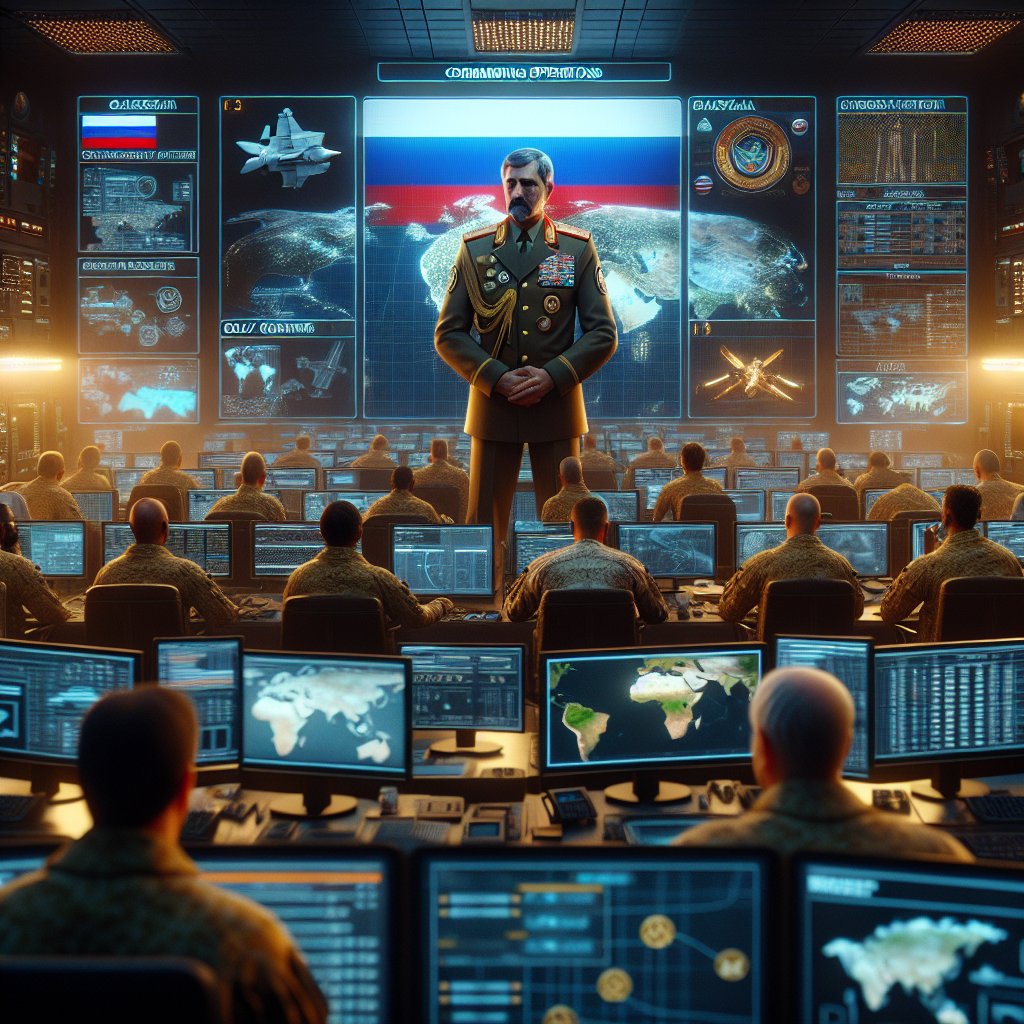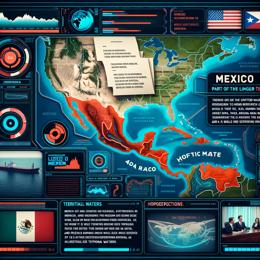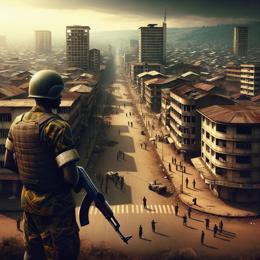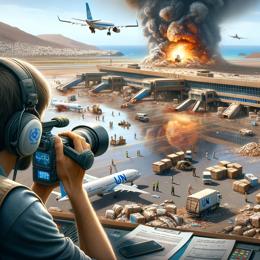Image created by AI
Wagner's Expanding Shadow: Russia's Strategic Inroads into Libya
The Wagner Group, Russia's notorious private military contractor (PMC), has taken on a commanding new role in Libya under the leadership of General Andrei Averyanov. The PMC’s foothold extends deep into the country’s political and military fabric, leveraging Libya's significant oil and gold resources, and showcasing Russia's growing ambition on the African continent.
The strategic realignment came after the death of Wagner's founder, Yevgeny Prigozhin, which led to an internal reshuffle. His interests were split among various Russian intelligence entities, according to a report from the Royal United Services Institute (RUSI). Under Prigozhin, Wagner exerted Russian influence in parts of Africa with minimal overt involvement from the Kremlin. The group operated in a gray zone, combining military action with disinformation and other more subversive activities.
Now officially under the wing of Russia's military intelligence, known as the GRU, the PMC continues to expand its reach. Known operations have been rebranded, with the Wagner's Ukrainian operations being renamed the Volunteer Corps and its broader global activities under the banner of the Expeditionary Corps.
The new corps envisaged by Russian intelligence aspires to amass a private army of up to 20,000 contractors, reflecting an ambitious agenda that goes well beyond its current presence. General Averyanov's previous oversight of Unit 29155—an arm of the GRU engaged in foreign assassinations and European destabilization operations—hint at a potentially aggressive playbook for Wagner in Africa.
General Averyanov has been proactive in courting African leaders, offering a trade of security in exchange for resource access. His tactics are already visible in Libya, where the PMC maintains a presence of around 800 contractors and control of three strategic air bases. Notably, these facilities facilitate not only military support but also serve as logistics hubs for illicit activities, including drug and gold trafficking, as well as aiding the migrant trade.
Despite Libya's political bifurcation, with Tripoli housing the internationally recognized government and the East commanded by Field Marshal Haftar—Wagner's primary ally in the country—the PMC's influence seems to thread through both domains. Haftar's dependence on Wagner is indicative of a shared necessity, as their collaboration also empowers Wagner's broader operations in places like Syria and Sudan.
The Wagner Group's operations also touch on strategically vital territories for European powers and NATO. Discussions to grant Russian warships docking rights at Tobruk in exchange for military support to Haftar’s forces are underway, which could reshape the geopolitical dynamics of the Mediterranean.
While Wagner's plan to inflate its ranks to 20,000 may seem ambitious, the recruitment patterns and mobilization of fighters across continents suggest that such a scale is within reach. The enterprise's model allows for a diverse deployment strategy, ranging from straightforward security provisions to more brutal tactics, all while aligning with Russia’s strategic interests at minimal economic cost.
However, Wagner's dominance in Libya is not unchallenged. The presence of Turkish forces and Tripoli-aligned militias create a complex and dynamic battlefield. Further, with Russia’s economic interests in Libyan energy lying in areas governed by Turkey's allies, the seeming Russian-Haftar alliance may not be ironclad. As alliances shift in this crowded space, Wagner's role and Russia's broader global strategy will inevitably adapt.
Ultimately, Putin's Libya game serves a greater vision: a multipolar world where Russia, along with India and China, shifts the balance of global power away from the West. In Libya, the Wagner Group, now with GRU oversight, is a key pawn in that grand strategy.










